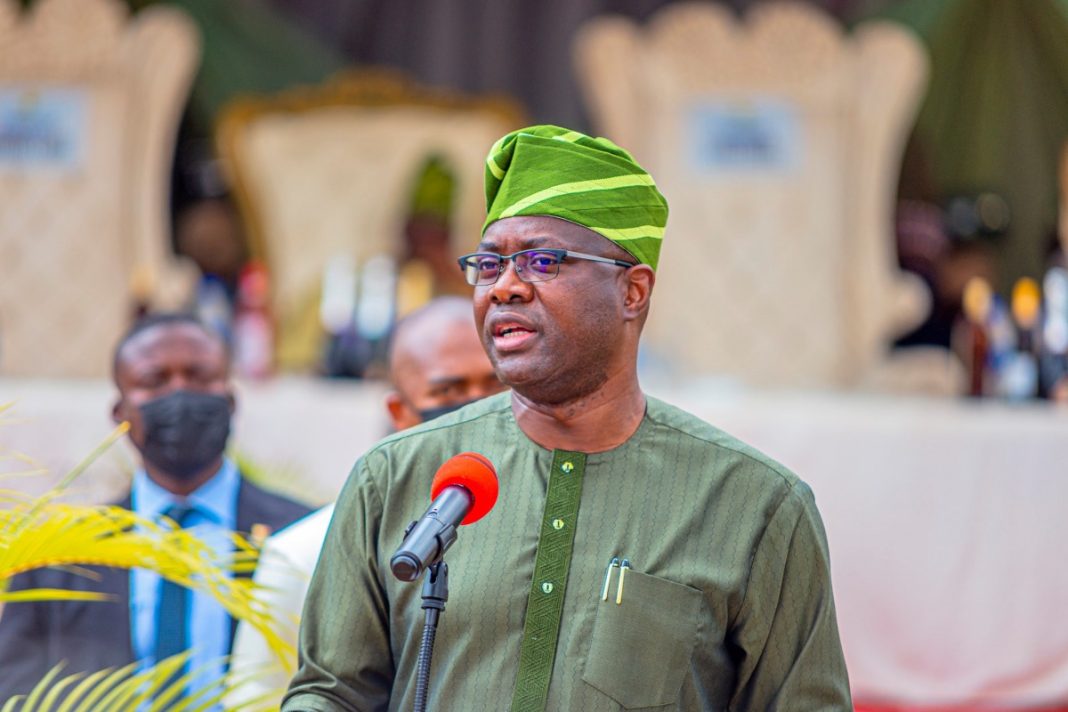IBADAN, Nigeria — Oyo State Governor, Seyi Makinde, in a provocative move on Wednesday, August 16, 2023, has proposed the adoption of a single term structure for political leaders in Nigeria, citing the leadership system of the Pentecostal Fellowship of Nigeria, PFN, as a potential model.
While responding to a statement made by PFN’s National President, Bishop Wale Oke, on the non-existence of second terms in the association’s leadership, Governor Makinde contended that Nigeria could learn a lot from the PFN’s single-term arrangement.
The statement from Bishop Oke was made during PFN’s National Executive Retreat in Ibadan.
Governor Makinde, who secured his second term in March, noted that although a four-year tenure might be restrictive in achieving a leader’s full vision, it still provides ample opportunity to make a significant mark.
“If we get opportunity to discuss this, I think five or six years single term, maybe five years will really be enough for most of us to do whatever it is that we are supposed to do,” he said.
Makinde’s perspective on governance extends beyond tenure; he also urged the public to actively participate in the political process and consistently pray for their leaders.
He touched upon the contentious issue of a Muslim president and vice president, challenging Christians to play a more active role in determining leadership.
Regarding those who took issue with the Muslim-Muslim ticket, he said, “I asked them, where is the structure for your preference? If you can show me the structure, then you have me.”
He argued that for Christians to have a genuine influence on national decisions, they must change their approach.
In a passionate plea, Makinde emphasized the need for a more proactive stance, “we must change our approach, not when it is a year to the election but from today,” indicating the urgency and importance of continuous participation in the democratic process.
Makinde’s call to action and the proposal for a single term system promises to be a topic of intense discussion in the days to come, especially in the context of Nigeria’s evolving political landscape.







